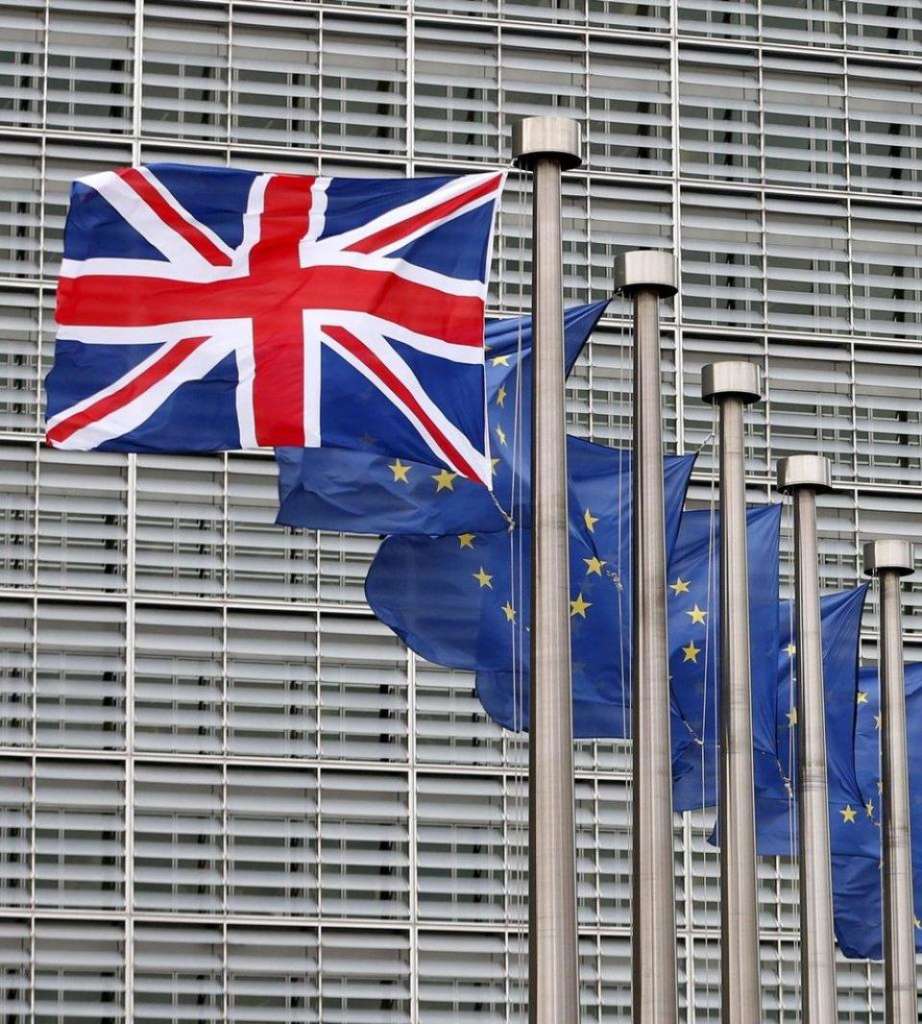Rome- Among the well-heeled bureaucrats of the European Union, it is an article of faith that the bloc always emerges stronger from a crisis. The idealistic founders who six decades ago dreamed of stitching warring nations into a peaceful whole knew the path would be bumpy. But always, the union wobbled forward.
Now, the dream of an integrated and ever-stronger Europe could sink into the English Channel on Thursday when British voters decide whether to abandon the bloc.
To the pro-Europe establishment, this latest crisis is considered a peculiarly British affair, in which the villains are opportunistic politicians steering voters toward a delusional, self-inflicted mistake.
That may be. However, if Britain does leave, the European Union can also blame its own handling of the crises of the past decade – the tribulations of the euro, the debt standoff with Greece and a flawed approach to migration.
Each time, the bloc rammed through ugly, short-term fixes that only inflamed the angry nationalism now spreading across the Continent and Britain.
The result was almost a decade of ad hoc crisis management that even many admirers agree has left the European Union badly wounded and its reputation badly damaged.
Idealism has given way to disillusionment. The bloc’s elite technocrats are often perceived as out of touch, while European institutions are not fully equipped to address problems like unemployment and economic stagnation.
Political solidarity is dissolving into regional divisions of east and west, north and south.
The economic implications of a British exit, the so-called Brexit, are potentially staggering, but many experts agree that regardless of how the British vote, politics across Europe must change.
The structure of the euro currency zone is still considered fragile. The bloc’s German-dominated economic policy has meant nearly a decade lost in much of debt-ridden southern Europe, which is still struggling to recover from its economic crisis.
In this regard, former Italian Prime Minister Enrico Letta said, “We cannot continue with the status quo.” “We have to move forward.”
Politics in Europe, as in the United States, have gotten ugly and mean.
Far-right, anti-immigration parties are gaining strength in Poland, Hungary, Austria, France and Germany.
That same nasty tenor has infused the British campaign with hostility and xenophobia toward immigrants.
The killing on Thursday of Jo Cox, a Member of Parliament who had campaigned for remaining in the union, shocked all of Britain.
“It is not very easy being English at the moment,” said Simon Tilford, deputy director of the Center for European Reform in London.
Tilford falls into an interesting camp: He has long been an outspoken critic of the European Union’s handling of its currency woes, yet he strongly supports Britain’s remaining in the bloc.
The benefits far outweigh the disadvantages, he argues, even as he realizes that policy failures by the European Union have helped legitimize the arguments of some who want to leave.
“It has made it easier for them to portray the E.U. as a failure,” he said. “Lots of people have become Euro Skeptics in Britain because they are so angry at what has happened in the Eurozone in recent years.”
